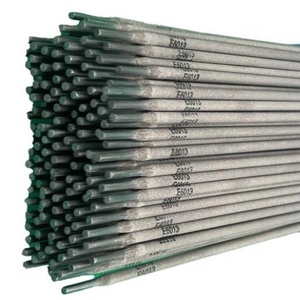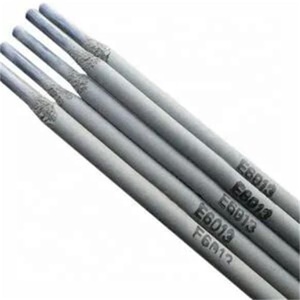Introduction to Selection Welding Electrodes
Selection welding electrodes are critical components in the welding process, providing the necessary material that melts to fill the joint between two workpieces. These electrodes not only ensure the strength and durability of the welded joint but also influence the overall quality of the weld. Whether you are engaged in industrial manufacturing, construction, or DIY projects, understanding the various types of welding electrodes available and their applications can significantly enhance your welding outcomes.
Types of Selection Welding Electrodes
The category of selection welding electrodes can be diverse, with each type tailored for specific applications and environments. Below are the common types:
- Stick Electrodes: Known for their versatility, these electrodes are coated with a flux that protects the weld from contamination. Ideal for general use.
- TIG Electrodes: Tungsten Inert Gas welding electrodes, made from pure tungsten or tungsten alloys, are designed to create high-quality welds in thin materials.
- MIG Wires: Metal Inert Gas welding employs feeding wires that yield continuous welds, ideal for automated processes.
- Submerged Arc Electrodes: These electrodes are used for submerged arc welding, providing a high deposition rate and excellent penetration.
- Flux-Cored Electrodes: These are tubular and allow for welding in various positions and environments, providing flexibility when needed.
Function and Features of Selection Welding Electrodes
The functionality and features of selection welding electrodes cater to a wide array of welding needs. Here are some key highlights:
- Electrical Conductivity: The core material's quality plays a pivotal role in ensuring efficient electrical flow during the welding process.
- Strength and Durability: Quality electrodes contribute to strong welds that can withstand significant stress and strain, ensuring project reliability.
- Heat Resistance: High-quality electrodes resist deformation under high temperatures, maintaining their integrity during high-heat applications.
- Ease of Use: Selection welding electrodes are designed for affordability and ease, allowing for straightforward application regardless of the user's skill level.
- Versatility: Many electrodes can be utilized across various materials, including steel, stainless steel, and aluminum, proving their adaptability in different settings.
Applications of Selection Welding Electrodes
The applications of selection welding electrodes are extensive and varied. Here are some areas where they are commonly used:
- Construction Industry: Often employed in constructing buildings, bridges, and infrastructure, ensuring robust connections between structural components.
- Aerospace Sector: Critical for manufacturing and repairing aircraft components, where weight and strength are essential.
- Automotive Manufacturing: Used in body fabrication and assembly lines, these electrodes help produce strong yet lightweight components.
- Shipbuilding: Essential for welding steel hulls that demand both strength and durability to withstand harsh marine conditions.
- Home and Hobby Projects: Equally suited for DIY enthusiasts, allowing for various creative projects with metals.
Advantages of Using Selection Welding Electrodes
When you choose selection welding electrodes, you enjoy numerous advantages that enhance your welding processes and outcomes:
- Improved Weld Quality: Quality electrodes lead to smoother and more aesthetically pleasing welds, reducing post-weld finishing requirements.
- Enhanced Productivity: The right electrodes can significantly reduce the time and effort needed to complete welding tasks.
- Cost-Effectiveness: Investing in high-quality electrodes may reduce the frequency of repairs and re-welding, saving costs in the long run.
- Safety: Quality welding electrodes reduce spatter and fumes, contributing to a safer working environment.
- Environmentally Friendly: Many modern electrodes are designed to minimize waste and emissions, making them a better choice for eco-conscious projects.








































